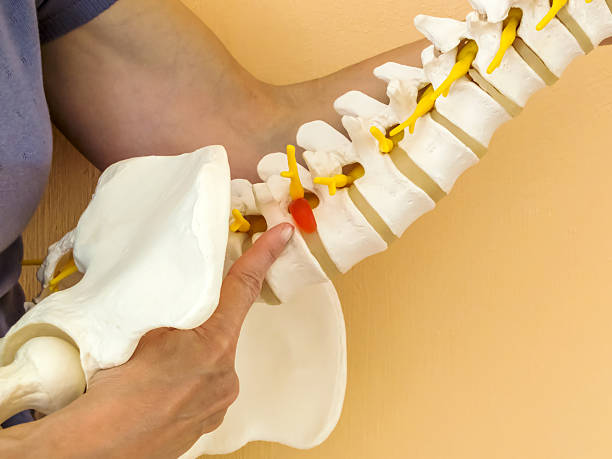An Easy Help Guide To CES

If you're experiencing pain, weakness or numbness in your bladder or legs it could be due to cauda equina syndrome claims. This is a serious condition that can lead to permanent damage, including paralysis.
The problem affects the cauda equina which is a nerve root that is situated in the lower back. The cause of this condition is usually caused by a disc herniation, an infection, tumor, or other conditions.
Symptoms
The lower back is home to nerves known as the cauda equina (which means "horse's tail" in Latin). The nerves control movement as well as sensation in the bladder, legs and pelvic organs.
They also transmit messages regarding pain, temperature and even vibration to the brain. If nerves are severely compressed, they are unable to longer function properly.
If the pressure is not treated quickly, CES can lead to permanent damage to the pelvis and legs, such as loss of bowel or bladder function, as well as sexual dysfunction.
The first step is to visit your doctor. The doctor will review your medical history in consideration, perform a physical exam, and order multiple diagnostic tests.
Diagnosis
The cauda Equina, Latin for horse's tail, is a group of nerve roots located in the spinal cord's base. These nerves send messages to your feet, legs and pelvic organs, assisting to move and feel the sensations within your lower body.
These nerves may become compressed and cause problems in your bladder, bowels, or even your legs. These are signs of a serious illness known as cauda equina syndrome claim.
A doctor can diagnose CES according to the symptoms you have and also a physical exam. A rectal exam may be done to assess the abdominal muscles as well as determine how you feel when you pass urine.
If you suspect you may have CES and you suspect that you may have it, immediately visit an emergency department or hospital. Diagnosis and treatment early can prevent paralysis or other permanent injuries.
Treatment
Most of the time, cauda equina symptoms will respond to treatment that eliminates the source of pressure and allows nerves to heal. But if it is left untreated, it can cause permanent damage, which could include paralysis.
The procedure of spinal decompression is the most commonly used treatment for cauda-equina disorder. This relieves pressure on the spine and creates spaces for the nerves. When you undergo this procedure the neurosurgeon will create an incision in your back near the point of compression in order to identify and remove herniated discs, bone fragments or tumors that might be pressing on nerve roots.
Medications may be used to lessen pain and inflammation, and in the event that the pressure is caused by a tumor the neurosurgeon can prescribe radiation and chemotherapy. To ensure that the condition does not get worse, you'll be in contact with your doctor.
Prevention
Beware of straining your spine or back in ways that may lead to a herniated disk is the most effective method to prevent the cauda-equina condition. This means bend your knees, lifting objects that weigh a lot and bending at the waist while you work.
If the disc's gel-like center bulges through a weak spot and is referred to as a herniated disc. Often this occurs in the lower lumbar spine (L4 or L5-S1).
In some cases the disc may cause pressure on the cauda-equina and trigger symptoms like numbness, weakness, and loss of bladder or bowel functions. These signs can be very severe and it is crucial to seek medical attention immediately if you develop the signs and symptoms.
The early intervention can reduce the stress on nerve roots the cause of these symptoms. It may also improve the chance of regained bladder and bowel function.

